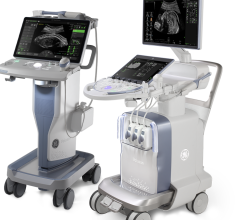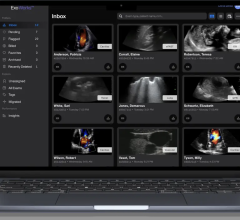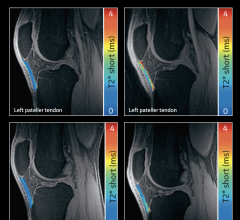
March 25, 2013 — The American Society of Echocardiography (ASE) released a list of five interventions whose appropriateness physicians and patients should discuss as part of Choosing Wisely, an initiative of the ABIM Foundation, along with Consumer Reports. Third in the list, they ask that patients and their doctors talk about the real need for an echocardiogram when preparing for a surgery.
Avoid echocardiograms for preoperative/perioperative assessment of patients with no history or symptoms of heart disease.
When preparing for surgery, it is important for patients to see their doctor to make sure that their medical conditions are stable before the operation is performed. If the patient has an abnormal exam finding, such as a loud heart murmur, an echocardiogram may be helpful to determine the extent of valve damage that is present. A severe blockage of a valve can increase the risk of many surgical procedures. Treating the valve condition can lower the risk of the operation.
In addition, when a patient exhibits significant breathing problems an echocardiogram can be useful to determine if the heart is the cause of this and then help guide treatment to lower the risk of the operation.
But in a patient with no history of heart problems and a normal exam, there is little reason to perform an echocardiogram for low and intermediate risk operations. It is unlikely that there would be a significant valve condition present. And even if a mildly weakened heart is detected on an echo, this does not preclude doing an operation safely. It should be noted, however, that for high-risk procedures like major vascular surgery, a preoperative echocardiogram or stress echocardiogram might be entirely appropriate.
The goal of Choosing Wisely is to promote conversations between physicians and patients about utilizing the most appropriate tests and treatments and avoiding care that may provide no benefit.
ASE’s testing cardiovascular care scenarios were chosen based on the highest likelihood of improving patient care and reducing inappropriate test use. Leaders in the organization transformed the scenarios into plain language and produced the clinical explanations for each procedure. In particular, ASE’s cardiovascular care experts, reviewed the ACCF/ASE/AHA/ASNC/HFSA/HRS/SCAI/SCCM/SCCT/SCMR 2011 Appropriateness Use Criteria for Echocardiography (AUC), which was published in March 2011.
ASE encourages all medical professionals engaged in cardiovascular care to read the “Five Things Physicians and Patients Should Question” lists and to engage their patients in conversations about reducing inappropriate tests and procedures with a goal of improving care and avoiding harm.
Consumer Reports, along with a coalition of consumer partner organizations, is also a part of the Choosing Wisely effort and is working with many of the societies to help patients understand the tests and treatments that are right for them.
For more information: www.choosingwisely.org, www.asecho.org


 July 19, 2024
July 19, 2024 








